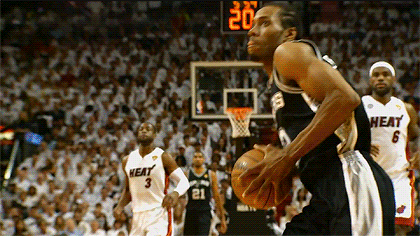Could Netflix’s programming strategy kill the golden age of TV? | TV | For Our Consideration | The A.V. Club
Jared Sperli stashed this in tv

Source: www.avclub.com
Stashed in:
In an enormously perceptive piece on the changes in distribution and presentation models for TV, critic Jaime Weinman argues that when a season of television is dropped onto viewers’ heads all at once, it becomes, essentially, a completely different work of art. In Weinman’s estimation, if TV seasons eventually morph into one giant, super-long movie—as placing all episodes online at once would suggest might happen—then they will necessarily get shorter and shorter. All TV seasons have built-in redundancies and repetitions, certain patterns that are enjoyable on a week-to-week basis, but become irritating when consumed all at once. Yet the rhythms of individual episodes—those patterns and repetitions—often serve to orient viewers within the series itself, even in a binge viewing. The gradual loss of these things would eventually boil down more serialized stories until they seemed more like movies than television. Binge-viewing has advantages over watching episodes one at a time. I’ve already talked to a number of people—including our own Scott Tobias—whose first experience watching the much-debated second season of Homeland came via critics’ screeners or slightly less legal methods. And the reaction from those who’ve watched it in this format is almost uniformly more positive than the reaction from those who watched week-to-week. Individual episodes’ flaws become magnified when viewers have a week between episodes to stew over them, but in the middle of a binge, those flaws are diminished, simply because it’s always time to move onto the next thing. The flaws do still exist—everyone I’ve talked to about that season of Homeland cites some of the same problems with it that many viewers and I had, but those problems simply aren’t as important, because the sweep of the thing becomes even more apparent.










10:06 AM Feb 08 2013